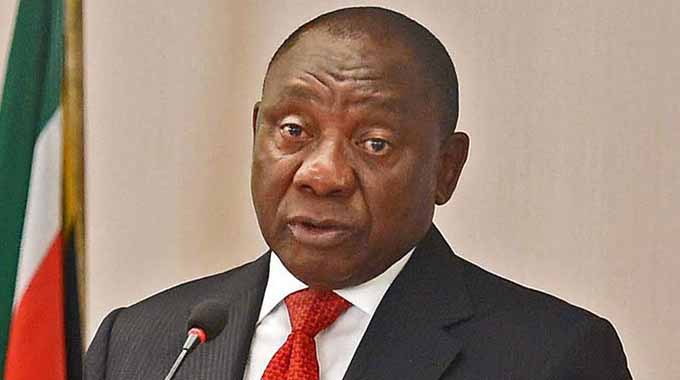African countries drop Covid 19 curbs in effort to limit economic harm

Governments across Africa are abandoning restrictions imposed to prevent the spread of Covid-19 in the hope of limiting damage to their fragile economies, despite a rapid rise in the number of cases of the virus across the continent.
Strict lockdowns have inflicted significant suffering on hundreds of millions of people who live without regular employment in overcrowded housing, and undermined public finances in already poor nations.
The World Health Organi recognised last week that restrictions on movement and economic activity had “taken a heavy toll, particularly on the most vulnerable and marginalised communities”.
Many also fear the continent’s extensive programmes fighting HIV, tuberculosis and other diseases will be starved of resources.
The WHO has previously said the Covid-19 pandemic could smoulder in Africa for several years after killing as many as 190,000 people in the coming 12 months.
Even the economies of more developed countries on the continent have been badly hit.
South Africa, one of the most industrialised economies in Africa, will take six years to recover from the lockdown and ongoing restrictions, according to some estimates.
The country’s president, Cyril Ramaphosa, announced on Wednesday that hotels, restaurants and hair salons would be allowed to open by the end of the month, and that non-contact sports could resume. All would be expected to respect strict hygiene and physical-distancing regulations.
Ramaphosa also cautioned in a televised address that South Africa had between a third and a quarter of all coronavirus cases on the continent – more than 80,000 – and that half had been confirmed over the past two weeks.
“What was once a distant disease is coming much closer,” he said.
The picture is mixed across the continent. Countries such as Namibia and Gambia, are reporting very few new cases, but numbers are climbing rapidly in others, including Ivory Coast, Cameroon and Ghana.
“We are seeing an increase in the number of cases (but) there is quite a lot of diversity in the situation of countries,” Dr Matshidiso Moeti, the WHO’s regional director for Africa, said on Thursday.
“Eight countries are responsible for 85 percent of the new infections the last week … There are so-called hotspots that are more severely affected and all this is in the context of countries really feeling the pressure to ease these lockdowns.”
Many governments lifted the strictest restrictions several weeks ago, but most recognise that weak health systems are unlikely to be able to cope with a big wave of infections. Many are seeking local solutions to contain specific outbreaks.
Sudan has extended its lockdown in the state of Khartoum, which includes the capital, until 29 June, and authorities in Nigeria’s commercial capitalLagos have pushed back a planned reopening of places of worship.
More than 200 positive cases were recorded in Kenya on Thursday, the highest daily total to date. Ten people died of the disease. Officials blame a failure to abide by physical-distancing and hygiene rules for the surge in infections.
There are now 268,662 confirmed cases on the continent and more than 7,000 deaths. Low testing rates mean the true extent of the spread of Covid-19 is still unclear. Many governments have struggled to get the necessary supplies.
“We should not mask the challenge we still have with testing,” Dr John Nkengasong, the director of the Africa Centres for Disease Control, said on Thursday.
“We have to scale this up aggressively so we can get ahead of the pandemic.”
Some modelling has suggested a risk of hundreds of thousands of unnecessary deaths if efforts to tackle HIV are sacrificed for those against coronavirus, the executive director of UNAids, Winnie Byanyima, said.
“If the financial pressure forces African government to drop health services, HIV services prevention, treatment and testing in order to fight corona … which is what we see happening on the ground … we have estimated that within six months we could have additional Aids-related deaths of up to half a million,” Byanyima said.
The lockdowns have also led to a surge in gender-based violence. Ramaphosa said cases of the abuse of women and children in South Africa had increased dramatically.
“It is with the heaviest of hearts that I stand before the women and the girls of South Africa this evening to talk about another pandemic that is raging in our country, the killing of women and children by the men of our country,” he said.
“I am appalled at what is no less than a war that is waged against women and children of our country. The women of this country are raped and killed by men. These rapists walk among us, they are in our communities. They are fathers, brothers, sons and our friends. They are violent men who have no regard for the sanctity of human life.” The Guardian










Comments